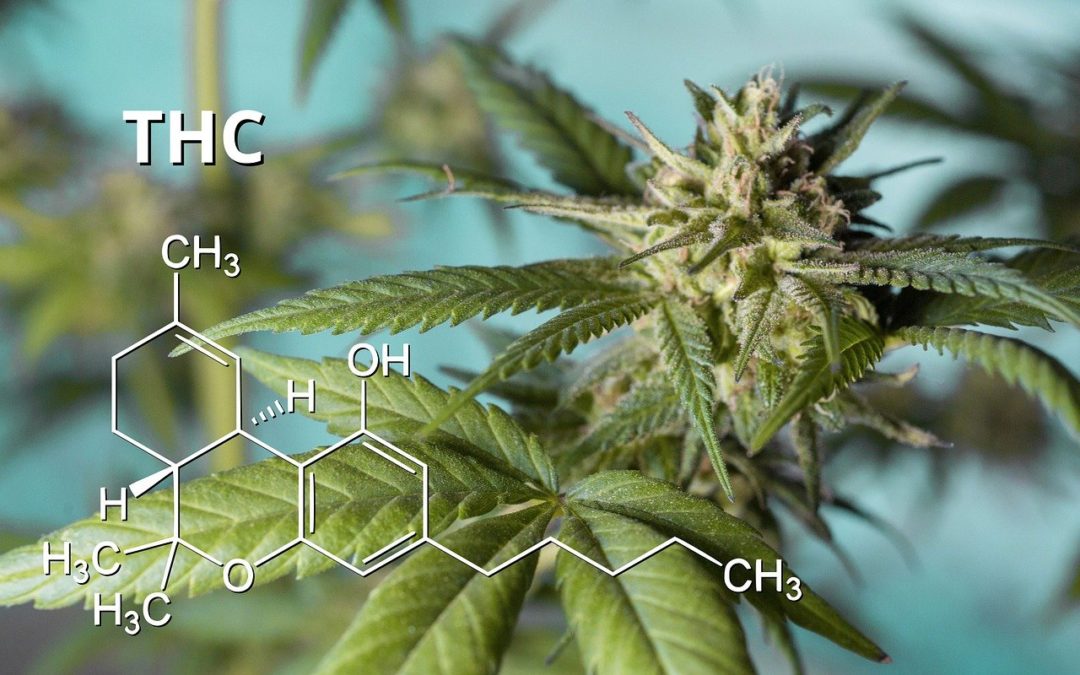The Entourage Effect refers to the theory that THC works better, as a medicine, in the presence of other cannabinoids such as CBD. While there is evidence to support this idea, the Entourage Effect is often misunderstood or misrepresented to encourage the purchase of various cannabis-derived products. It is important to realize that while THC may work better with other cannabinoids around, this does not mean that those other cannabinoids work as medicines in their own right, or work better with THC around.
For examples, the Entourage Effect is often used to promote the idea that CBD works better alongside THC when, in fact, it’s the THC that works better for the CBD. Similarly, many also believe that because of the Entourage Effect, it is possible to dampen the psychoactive effects of THC with CBD (which has been shown not to be true).
Although the Entourage Effect may seem like an enticing way of understanding how cannabinoids interact with each other and our bodies, in reality there is very little evidence to suggest the Entourage Effect works the way people often claim. Keep reading to learn more about the endocannabinoid system, the history of the Entourage Effect, and the truth about how THC and CBD really affect each other within the body.
What is the Endocannabinoid System?
The endocannabinoid system, also commonly referred to as the ECS, is a vital biological system found in most animals that helps to regulate many essential bodily functions such as pain and mood modulation, sleep, and digestion. Everyone has an endocannabinoid system, including those who have never used cannabis. In essence, the role of the ECS is to help ensure that the systems within our bodies are able to maintain homeostasis, or the state in which they are able to function at their best. When someone’s endocannabinoid system is not working properly, their health may suffer as a result, and it is possible (though not proven) that certain conditions like IBS and Fibromyalgia may even be caused by clinical endocannabinoid deficiencies. More research on these diseases is necessary before a definitive conclusion can be drawn.
Tetrahydrocannabinol (THC) and cannabidiol (CBD) are two of over a hundred phytocannabinoids, or cannabis medicines derived from the Cannabis sativa plant. However, our bodies also naturally produce cannabinoids, called endocannabinoids, as well. Endocannabinoids are synthesized on demand by our bodies, and bind to the same cannabinoid receptors found in the brain and body with which THC and CBD react when we use medical marijuana.
Anandamide and 2-arcarchidonoylgerercol (2-AG) are two of the most abundantly produced endocannabinoids in the human body, and are thought to play a role in a number of important biological processes.
The Impact of the Entourage Effect on the Cannabis Industry
A 2020 review of literature found a lack of compelling clinical data in support of the Entourage Effect as a legitimate phenomenon, instead highlighting the casual use of the term in medical journals alongside its rise as a buzzword in lay articles and cannabis-specific marketing campaigns. This review emphasized that despite there being no clear benefit in artificially combining cannabinoids, the cannabis industry has continued to use the term to bolster claims about their “full-spectrum” products. Essentially, people are using the Entourage Effect to exaggerate the interplay between cannabinoids, and market their CBD or non-THC-based products.
What we actually know is that THC is a powerful medicine capable of effectively reducing pain and nausea and a range of other symptoms. However, it doesn’t work well by itself. Isolated THC has been available in the US as a pharmaceutical called Dronabinol (or Marinol) since 1990. It doesn’t work well and isn’t used commonly. Generally the side effects, intoxication, outweigh the benefits.
Plain old cannabis works better. This is now understood to be, in part, due to the tiny amount of CBD that comes along with the THC. This is the actual Entourage Effect at work. While the THC activates the CB receptors, the trace amount of CBD changes how the receptor reacts to the THC, making it work the way we expect. So you need some CBD to make THC work properly, but that does not mean that more CBD will make it work better, or that CBD is its own useful medication, or that THC helps CBD work. Those ideas are just incorrect, and often give rise to marketing baloney.
Similarly, it is important to note that taking CBD after consuming THC will not lessen the high associated with medical cannabis. Using large amounts of CBD alongside THC will not increase one’s therapeutic benefit.
Ultimately, until we have more specific data and products developed in accordance with that data, plain old THC-dominant cannabis is the most useful and proven medication.
Consult with a Qualified Boston Medical Marijuana Expert Today
Those considering using THC, CBD, or any type of medicine found in cannabis to help manage their condition should consider speaking to a trained medical expert who is knowledgeable about using cannabis therapeutically. Massachusetts medical marijuana doctor Jordan Tishler, M.D. sits on the faculty of Harvard Medical School and has years of experience helping patients treat pain and other ailments using cannabis. He and the team at InhaleMD stand ready to assist patients in determining whether medical marijuana is right for them. For more information, or to set up a virtual consultation with the team at InhaleMD, call us at (617) 477-8886 today.

